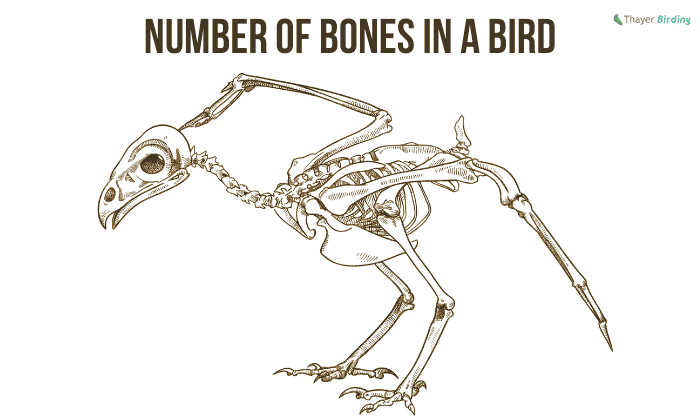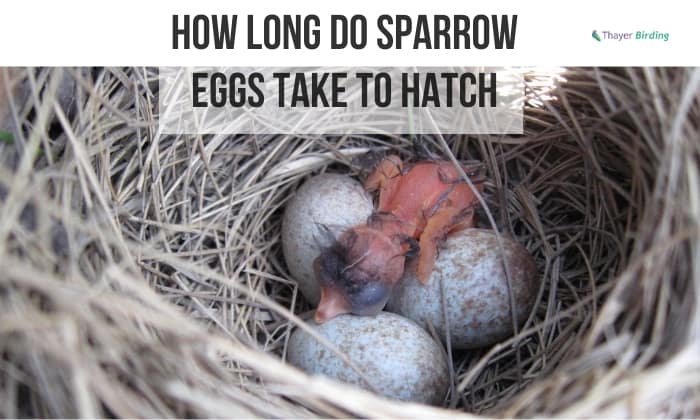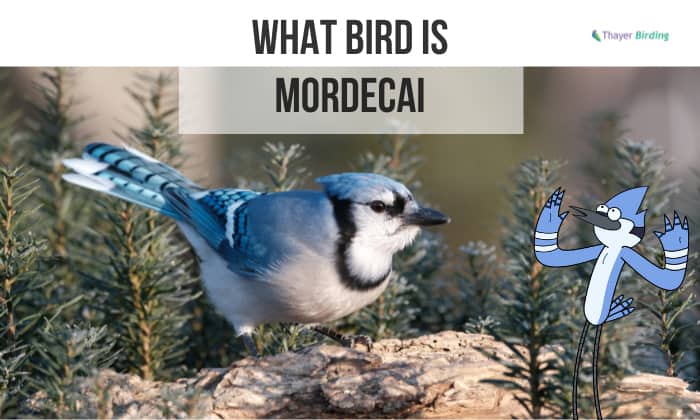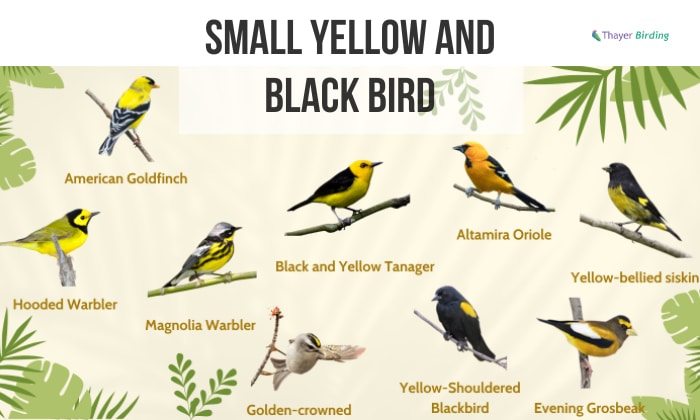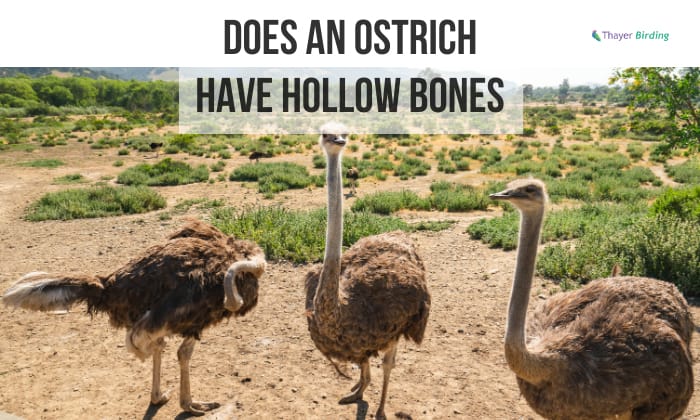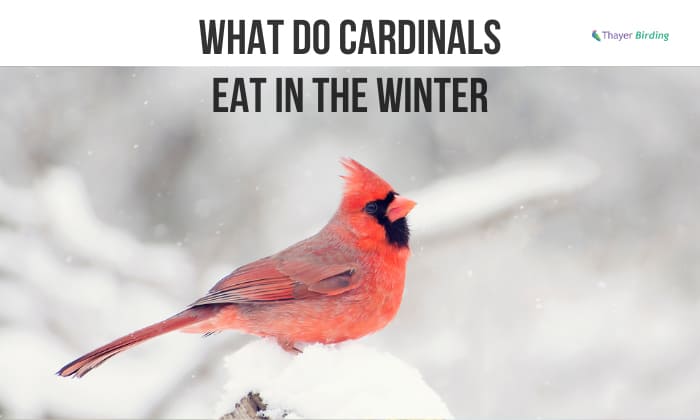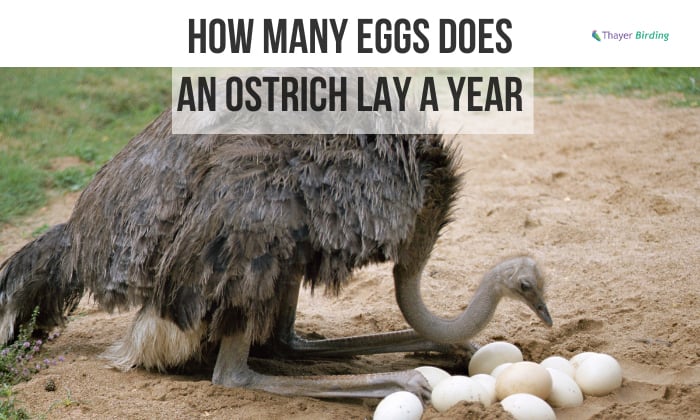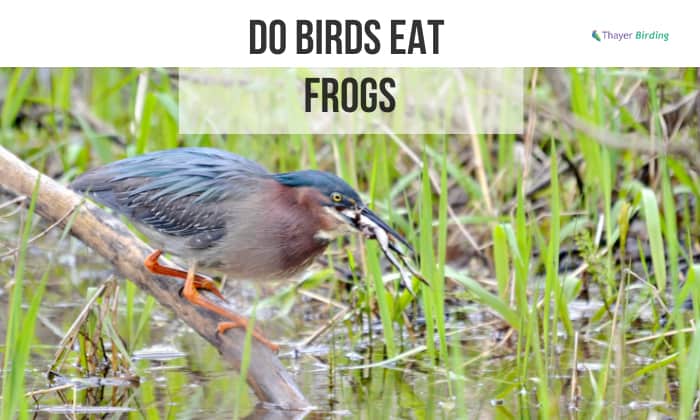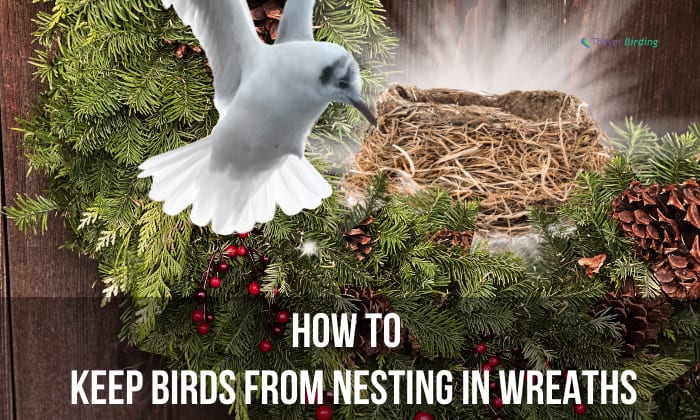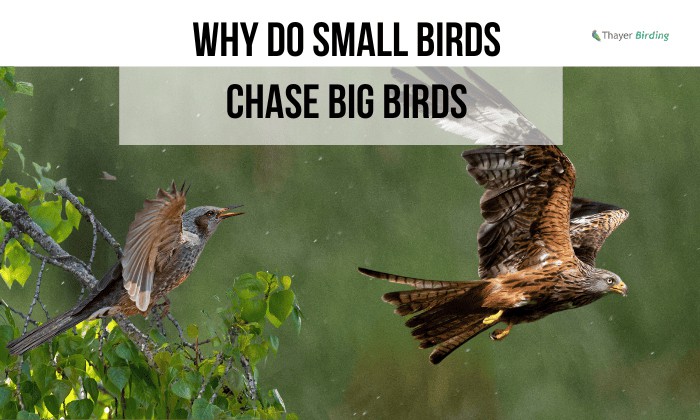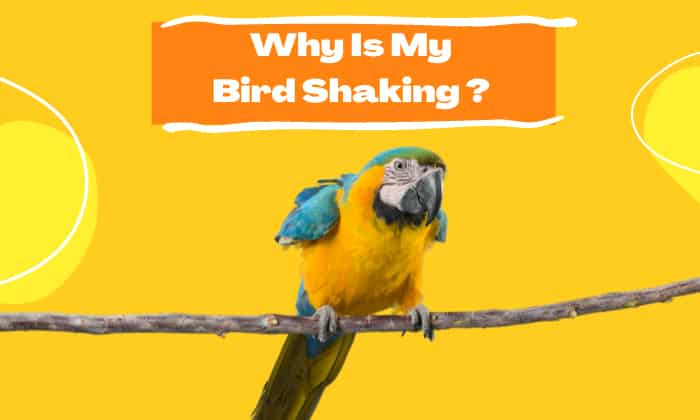
A common dilemma among bird owners, specifically parrot, parakeet, cockatoo, and cockatiel owners, is noticing their pet birds in distress. This uneasiness often manifests in behaviors such as shivering, quivering, or trembling.
Why is my bird shaking? The reasons are usually harmless, ranging from excitement, uncomfortable room temperature, or part of their maintenance behavior called preening.
Otherwise, the trembling may indicate an underlying health condition that requires immediate medical attention.
Table of Contents
Common Reasons Why Your Pet Bird is Shaking
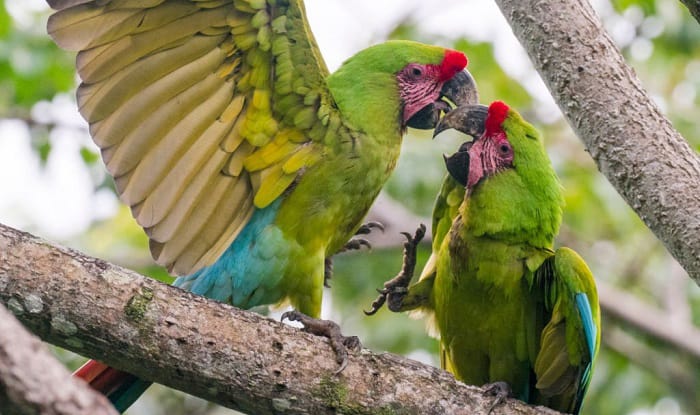
While most shaking and trembling is normal for birds to do, any bird caretaker desires to understand this strange body language.
The following list narrowed down the reasons for the typical bird behavior involving shaking.
1. Happiness or Excitement
Birds cannot express their happiness or excitement through words. Hence, seeing your budgie shaking or your cockatoo shake its body upon your return from work may mean they’re happy or excited to see you!
Moreover, if you find your parakeet shaking his tail, it’s a sign that they’re healthy and happy.
Meanwhile, a bird shaking its head may also indicate that they want your attention, either for you to notice them or to give them food.
2. Feeling hot or cold
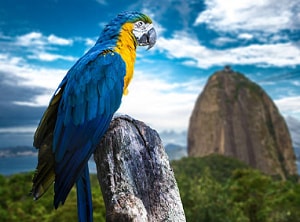
Most pet birds prefer temperatures ranging from 65 to 80 degrees Fahrenheit, which varies depending on the species.
Hence, if you ask why my parrot shaking or the pet bird is shivering, it may be that your room’s too hot or cold for them. Adjust the temperature if your room temperature falls far behind or above this range.
3. Nervous or Stressed
Like their pet owners, birds can feel anxious, stressed, or fearful, causing them to shiver, twitch, or shake, even while sleeping.
Moreover, birds are not free from stress, and even the slightest environmental change can cause them to shake or tremble. Anything new to your bird—people, another animal, a foreign object in their cage—may cause fear and frustration.
Since it’s not easy to identify what’s causing this distress, bird owners must be observant about their bird’s environment and how they react to changes you create around them.
So, many might face situations such as my parrot reacting when I pet her, my budgie fluffing up and shaking when I transfer it to a new cage, etc. Such behaviors are mostly because of stress.
4. Injured or Sick
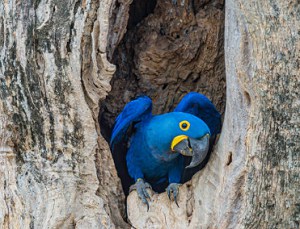
Seeing your cockatiel shaking, your parakeet shivering, or your parrot’s wing twitching may indicate an internal injury or underlying sickness.
Any irregular pattern in the shaking, twitching, or quivering can be the bird’s cue to inform its owners about its pain. Consulting the local veterinarian should provide insight into your bird’s abnormal behavior.
5. Rousing/Preening
Bird owners may mistake a bird shaking head before or after bath as abnormal behavior. However, in most cases, this shaking is part of their many self-grooming behaviors, including rousing and preening.
Rousing involves your birds shaking out or quivering their feathers to either clean or rearrange them to their proper position.
On the other hand, a bird is preening when they start to clean and rearrange its feathers through the oily substance they’ve gathered on its beak. You’ll usually see this when you find your budgie wings slightly open and shaking.
Both behaviors are essential for birds: an important routine they perform regularly.
6. Releasing tension
Some birds release their internalized tension after a conflict with another animal through shaking or quivering.
7. Mating
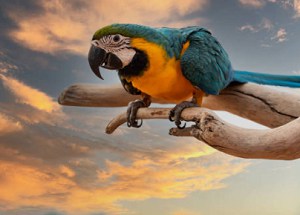
Meanwhile, some birds twitch their wings to communicate with a potential mate. The twitching movement creates a sound that will attract birds of the opposite sex in the area.
8. Preparing to fly
If you see a baby bird shaking or fluttering its wings, it’s most likely preparing to fly. This stage, also called fledging, is when a baby bird has reached the desired size to fly but is still not ready for its solo flight.
On the other hand, some birds use their shaking or quivering behavior to warm up before flying.
9. Signs of aging, malnourishment, or improper diet
Like most creatures on Earth, birds also experience the negative side of aging, which may appear when they shiver or shake.
On the other hand, a proper diet keeps birds healthy, especially in captivity. When birds cannot receive the necessary nutrients they need in their diet, malnourishment or weakness may manifest through trembling or shaking.
10. Allergy
There are chemicals, toxic foods, fragrances, or plants that may trigger an allergic reaction in birds. These include avocado, caffeine, chocolate, onions, garlic, and several fruits.
Consumption of any food they’re allergic to may cause your pet bird to shake or tremble out of sickness.
FAQS
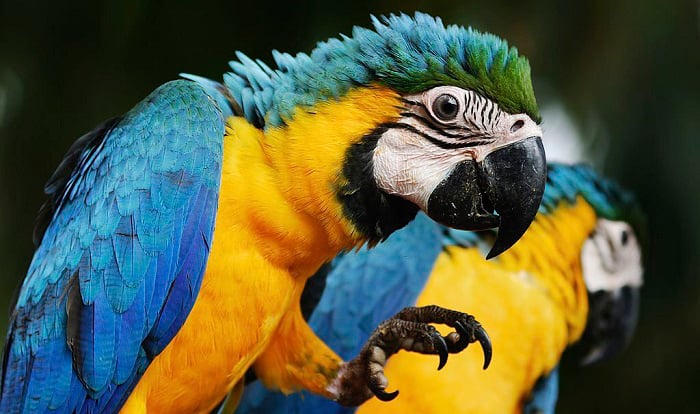
Why is my pet bird shaking its head?
If you find your bird shaking its head, it’s most likely trying to get water or moisture out of its eyes, nose, or ears after bath. It’s also a common way to catch your attention, plead for help, or a way to communicate with you.
They sometimes shake their heads and gag at the same time, which is only an act to shuffle seeds inside their mouth so they can digest smoothly.
Is there something wrong with my bird if he’s shaking his tail?
Birds shaking or twitching their tail may be part of their mating dance, a display of authority to other birds in their territory, or often a showcase of their contentment.
Are any breeds more inclined to display shaking, trembling, or quivering behaviors?
African Greys, Budgies, and Quaker Parrots or Parakeet shake for similar reasons, although more frequent than other birds or for specific reasons.
For example, African Greys tend to quiver to show either contentment or distress. Some Budgies shiver because of an underlying and contagious disease known as psittacosis, while Quaker Parrots just shake as they like.
How do I know my bird is unwell?
Since shivering, shaking, or trembling is a symptom of many diseases, it’s crucial to take note of other symptoms that may appear before or are accompanied by the shaking behavior.
Pay close attention to your bird’s lack of energy, unusual changes in their stool and urine, and discharge around their eyes or nose.
What to do about shaking, shivering, and other behavior problems in birds?
The majority of shaking, shivering, or trembling behavior displayed by your pet bird is manageable even without the need to make adjustments to your bird’s environment or see your local veterinarian.
If the behavior is a sign of stress or anxiety, you should be the first to demonstrate calmness through your actions or words.
Approach your parrot, parakeet, or budgie cautiously and gently.
It’s essential to get professional advice in extreme cases or if you’re still unsure about your bird’s behavior.
Conclusion
Why is my bird shaking? Such body language frequently indicates their happiness, a release of tension, preparation for flight, or simply a part of their self-care routine.
On the other hand, this could imply an uncomfortably warm place, stress, or health issues such as allergies, age, malnourishment, or an imbalanced diet.
We hope this essay has helped you comprehend the body language of your feathery buddy. It’s a tolerable behavior, but in extreme cases, get advice from your trustworthy veterinarian!

George and I became friends after a birdwatching trip with our new group. And we have been enjoying every adventure together. When he told me the idea of establishing a site that shares our experiences and fun, I immediately agreed. After trials and errors, here we have Thayerbirding.



